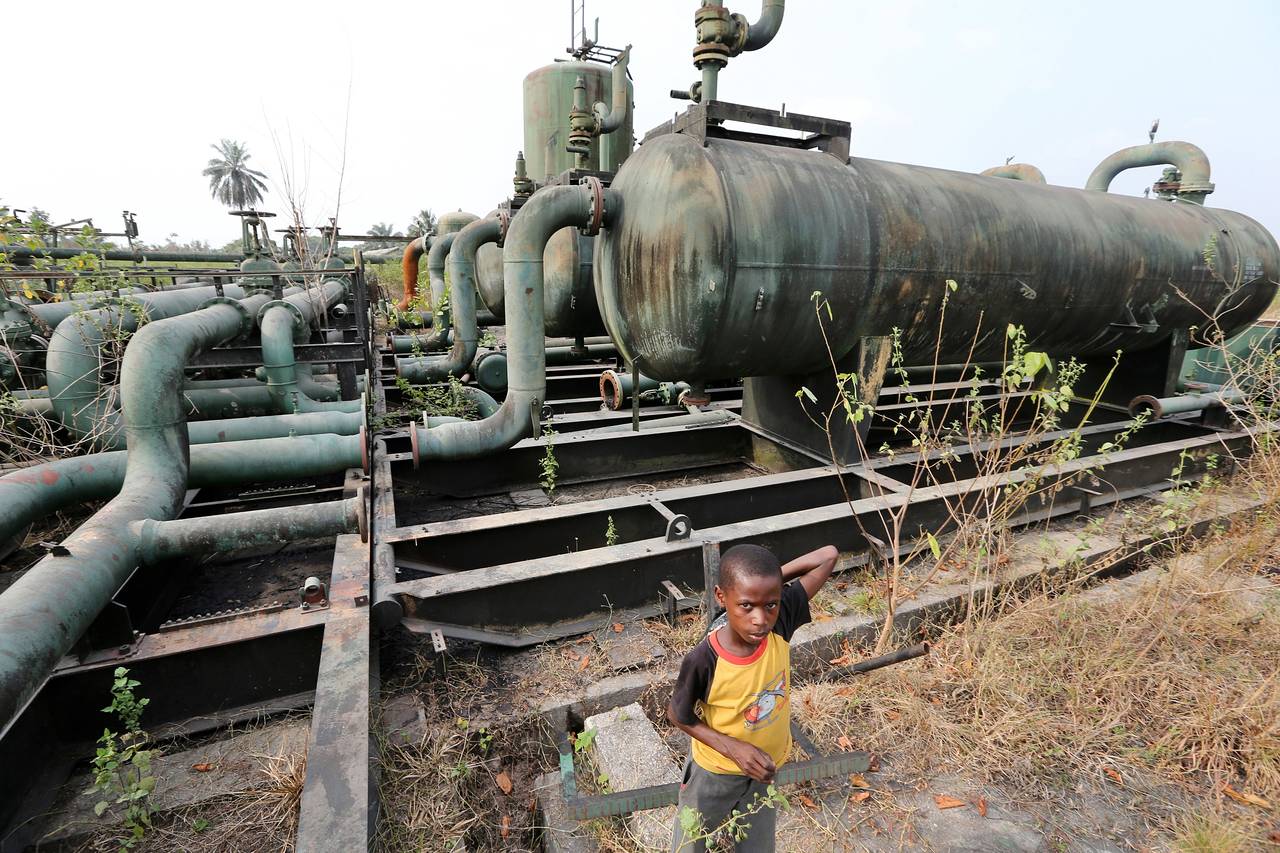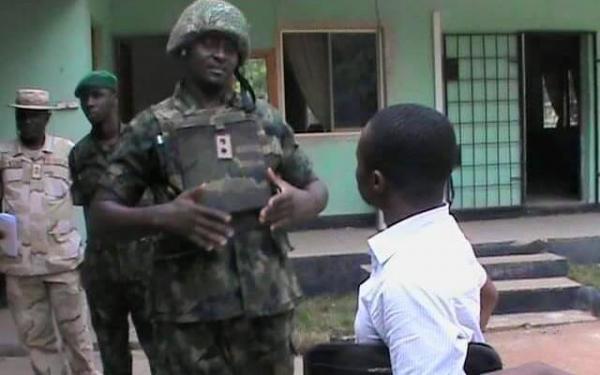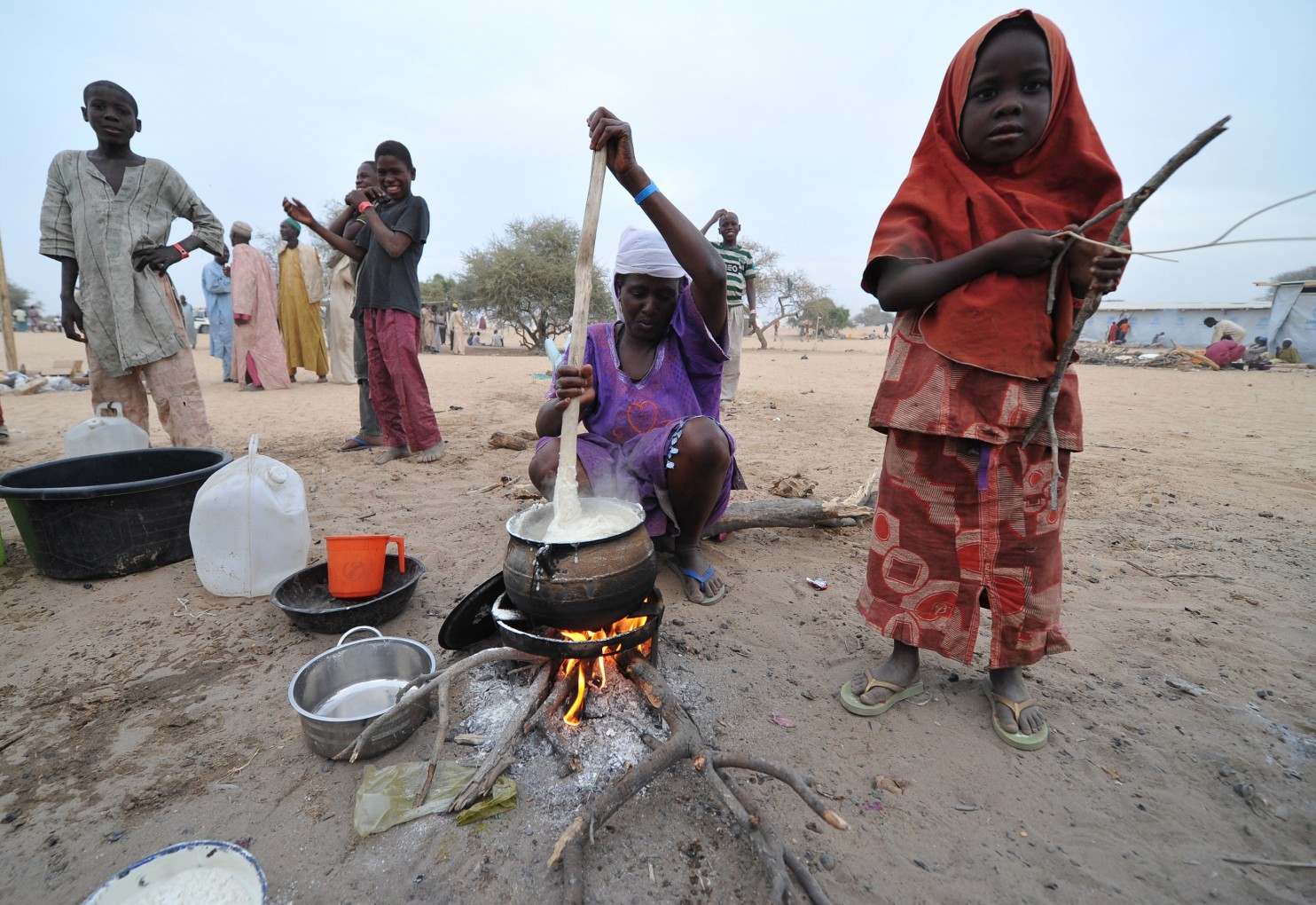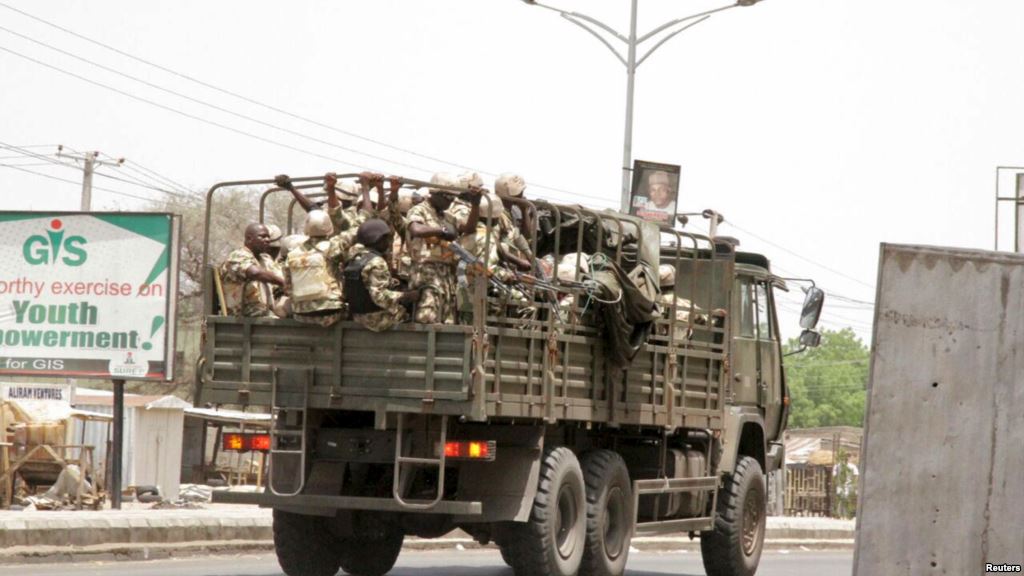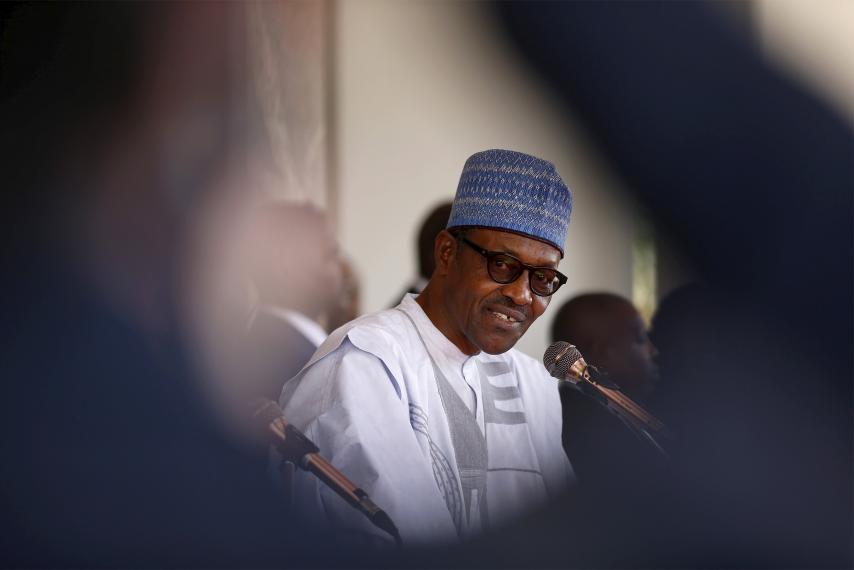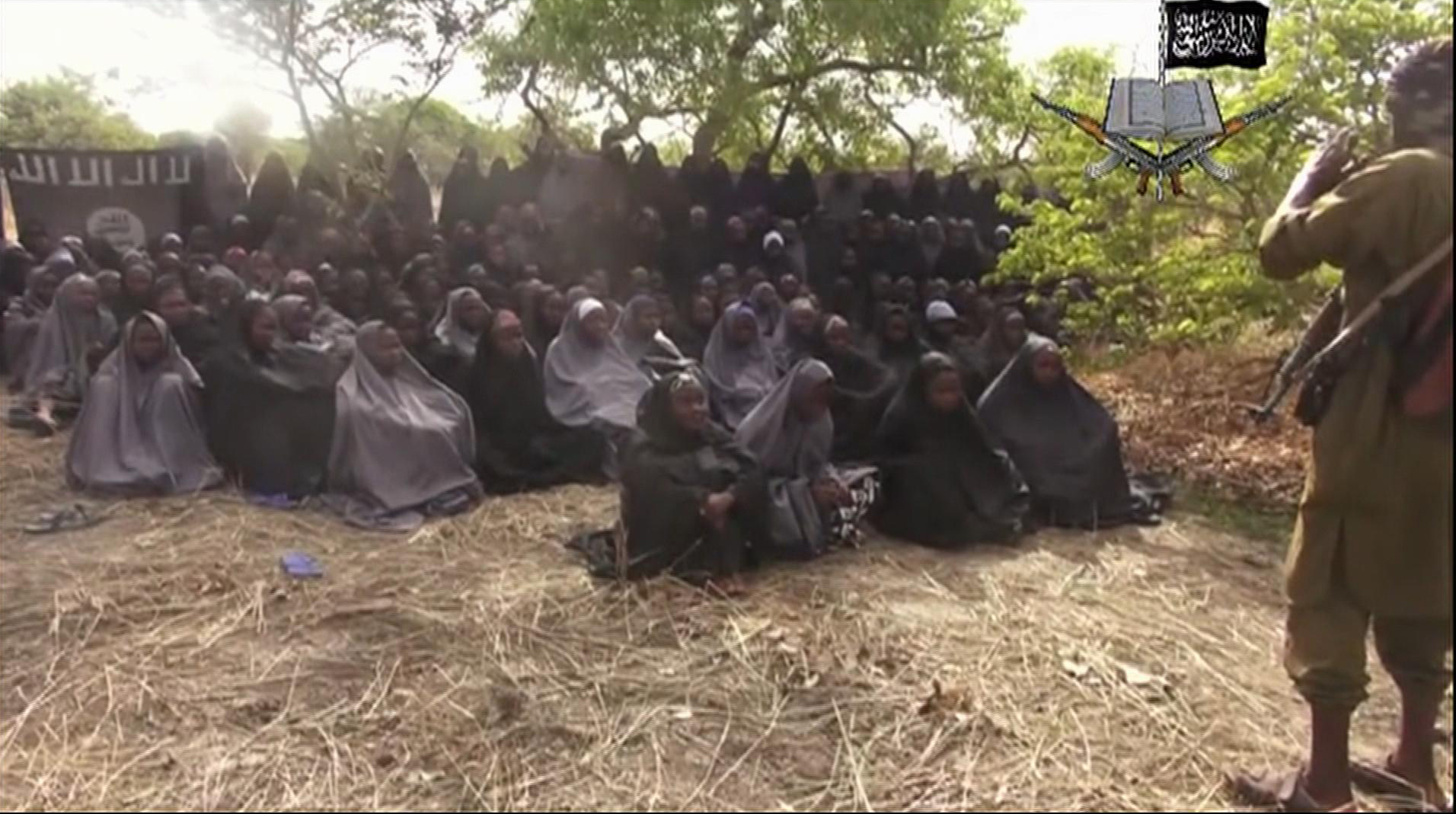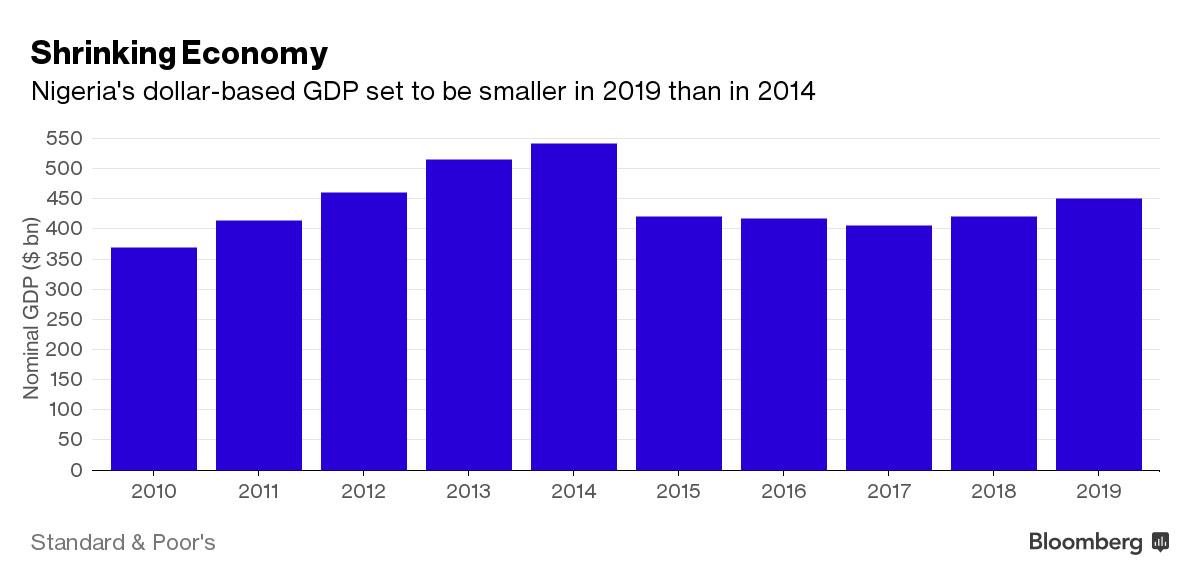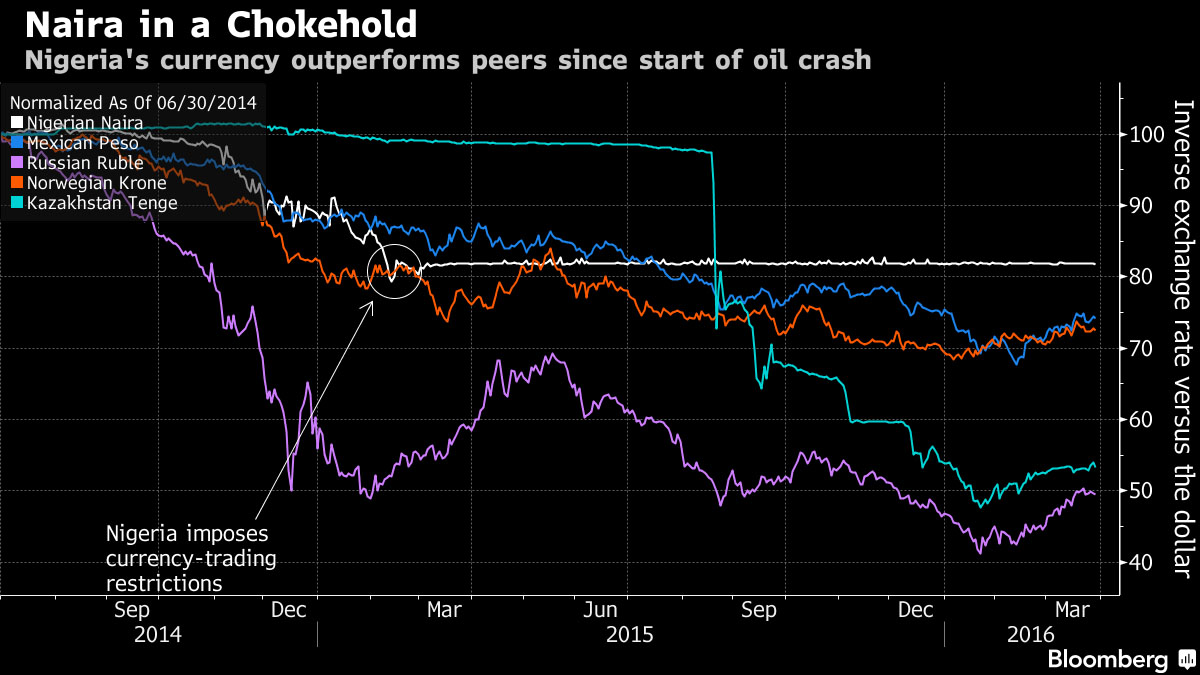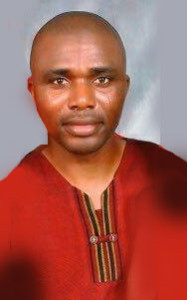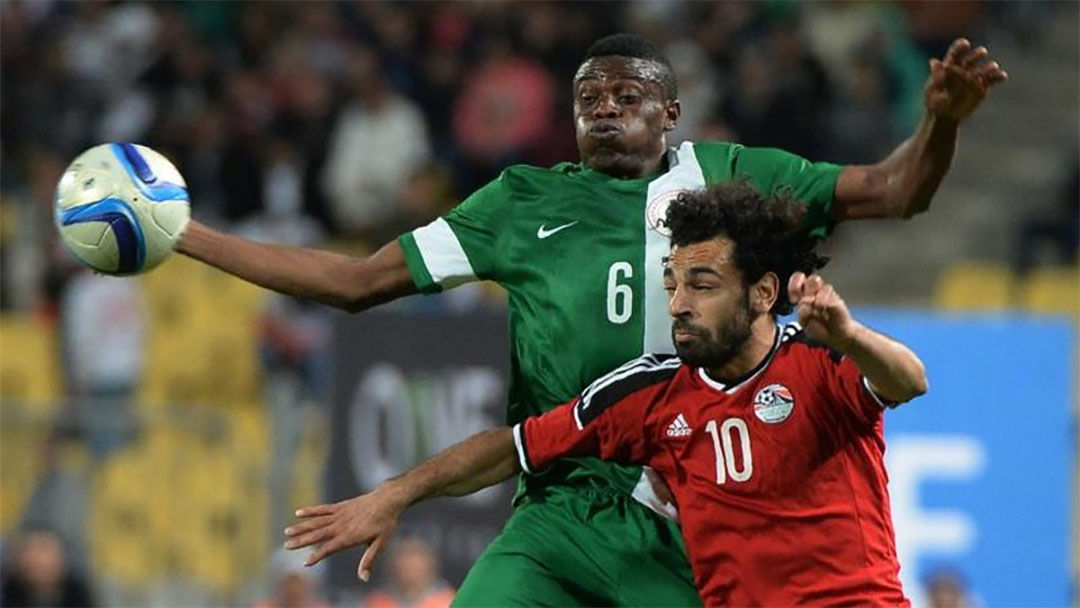Italian prosecutors are investigating Royal Dutch Shell PLC’s involvement in a Nigerian oil deal, a person familiar with the matter said, drawing the oil company into a corruption probe that has dogged Italy’s energy giant Eni SpA.
The prosecutors are investigating whether Shell’s piece of a $1.3 billion payment to acquire a rich oil field off the coast of Nigeria constituted a bribe, according to a person familiar with the probe. Italian and Dutch police last month raided Shell’s headquarters in The Hague looking for evidence that could be used in the case, the person said.
Shell on Wednesday confirmed it had received “notice of proceedings” from Italian prosecutors in connection with the Nigerian oil block and that its offices had been “visited” recently by Dutch authorities. The Anglo-Dutch company said it is cooperating with the investigators and is looking into the allegations.
Shell and Eni have jointly owned a Nigerian license, known as OPL 245, since 2011 to develop giant Atlantic Ocean oil fields thought to contain nine billion barrels of oil. It is a substantial project for the companies in a country that has been of historic importance to both of them.
Shell first pursued the oil fields in 2001, when it bought a stake from Malabu Oil & Gas Ltd.—a Nigerian company that was awarded the license when the African country was under military dictatorship. A new Nigerian government soon rescinded Malabu’s license, awarding Shell sole ownership and prompting years of legal disputes.
Malabu eventually reached a deal with the Nigerian government that gave it the license back, and attracted Eni as an investor. Shell agreed to drop its own legal challenges to Malabu’s ownership and together with Eni acquired the oil license in 2011 with a $1.3 billion payment to the Nigerian government.
Italian prosecutors are investigating where that money went and whether Shell and Eni knew its destination, according to Italian court documents.
The documents show the government later transferred almost all of the money to Malabu, and say the prosecution “believes that a considerable part of that sum was destined for the remuneration of Nigerian public officials.” Italian prosecutors aren’t investigating Malabu.
In 2014, prosecutors in Milan placed Eni and its chief executive, Claudio Descalzi, under investigation for international corruption in connection to the OPL 245 deal. Eni and Mr. Descalzi have denied wrongdoing.
Eni has always maintained that it paid the government directly and isn’t responsible for where the money eventually ended up. A Shell spokesman said that any payments for the license were made only to Nigeria’s federal government and any questions about where the money ended up should be directed to the government and to Malabu. Eni again denied any wrongdoing on Wednesday. The Wall Street Journal wasn’t able to reach Malabu for comment.
The long-running dispute over OPL 245 now threatens to cast a new cloud over Shell’s investments in Nigeria, where it has been present for 80 years and is the biggest Western investor in the country’s oil sector. Last year, Shell got nearly 10% of its output from Nigeria and the country remains a major pillar of its business even though it has sold some onshore assets in the Niger Delta in recent years that have been subject to attacks and theft.
Shell, which had already made large investments by 2011 developing the field, paid much less than half of the $1.3 billion acquisition price for a 50% stake in the oil field, according to Italian court documents. Italian prosecutors suspect most of the amount ended up being paid in bribes, potentially making Shell responsible for its part, the documents said.
Italian daily Corriere della Sera reported the investigation into Shell’s role in the Nigeria deal on Wednesday.

